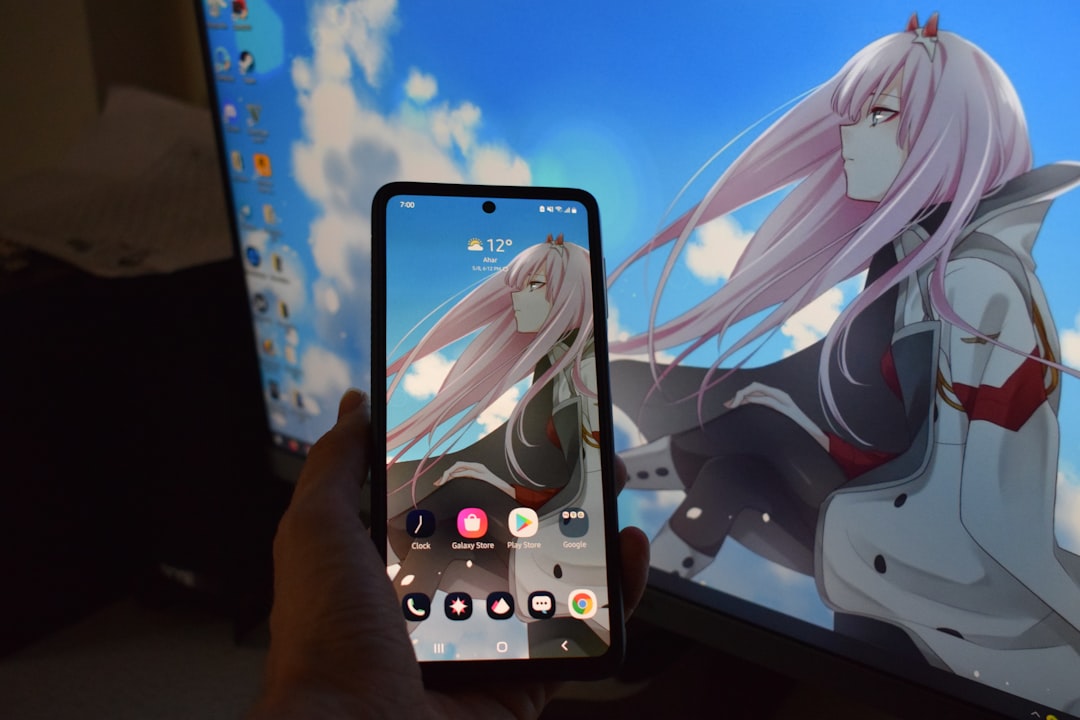Table of Contents
The multimedia franchise Uma Musume Pretty Derby, which began as a surprising blend of horse racing history and anime idol culture, rose dramatically in popularity in the late 2010s and early 2020s. Known for its unique portrayal of anthropomorphized racehorses as athletic anime girls, it captured the hearts of fans across gaming, animation, and J-pop communities. However, from a cultural phenomenon to a more subdued presence in recent times, many are wondering what exactly happened to Uma Musume Pretty Derby‘s career as a multimedia franchise.
TL;DR
Uma Musume Pretty Derby experienced meteoric success with its mobile game and anime series, driven by compelling characters and strong links to real-world Japanese horse racing heritage. However, a combination of legal disputes, creative plateauing, and shifting industry trends led to a slower pace of content and reduced fan engagement. Despite this, the community remains active, and new content still launches periodically. While no longer at its peak, the brand continues to hold a place within niche fandoms.
Early Rise and Unprecedented Popularity
Launched by Cygames in 2018, Uma Musume Pretty Derby found an unconventional yet effective formula: reimagine legendary Japanese racehorses as girls training to become top performers. Their stories focused not just on competition but also on growth, friendship, and perseverance. The concept seemed niche, but it was executed with such polish and emotion that it won over a wide audience.
Several key factors contributed to its quick rise:
- Historical Resonance: Each character was based on a real-life racehorse, invoking strong nostalgia and emotional connections among fans of horse racing in Japan.
- High-Quality Animation: The anime delivered memorable racing scenes that combined sports and drama, offering a top-tier visual experience.
- The Mobile Game Launch: The 2021 mobile game drastically increased engagement by allowing players to train their favorite Uma Musume in competitive simulations.

Expansion Across Media Platforms
What set Uma Musume Pretty Derby apart from other gacha-based anime franchises was its holistic multimedia integration. The brand expanded rapidly outside the anime and game into:
- Live Concerts: Voice actors performed in-character, blending idol culture with fan service.
- Merchandising: A variety of branded products, from apparel to figurines, contributed to strong auxiliary revenue streams.
- Manga and Novels: Side stories and alternate explorations of characters kept fans engaged even between main content drops.
By mid-2022, Uma Musume had become a top-grossing mobile game in Japan and a rising cultural icon among both anime fans and sports enthusiasts.
The First Signs of Trouble
While the franchise’s expansion was impressive, internal and external pressures began to emerge. One of the early signs that not all was smooth behind the scenes was growing concern over copyright and intellectual property. Given that each character represented a real historical racehorse, often tied to existing JRA (Japan Racing Association) records and trademarks, permission and usage rights were complex and carefully negotiated.
In late 2022, reports emerged alleging that discussions between Cygames and certain horse owners had grown tense. Though never fully confirmed, these disputes may have led to:
- Delays in introducing new characters based on racehorses with unresolved licensing rights.
- Increasingly limited ties to current horse racing developments, weakening the franchise’s real-world cultural relevance.
Additionally, development fatigue began to show in both the anime and the mobile game content. While seasons one and two of the anime were widely appreciated, critics noted a lack of narrative innovation in subsequent material. Similar concerns emerged in gameplay, with fans citing a repetition of mechanics and underwhelming event cycles.
Legal Challenges in 2023
Perhaps the most damaging moment in Uma Musume‘s trajectory came in early 2023, when a legal dispute between a racehorse owner and Cygames became public. Allegations centered around mismanagement of image rights and poor communication about character adaptation.
Though eventually settled out of court, the legal battle had several ripple effects:
- Stunted Content Pipeline: Cygames paused new character introductions, leaving fans waiting for months without major updates.
- Brand Reputation: Some fans and industry watchers began to question whether the brand could maintain respectful portrayals of real-world legacy horses.
- Marketing Retraction: A noticeable drop in promotional efforts and collaboration events throughout mid to late 2023.
The incident also ignited conversations within Japanese IP law circles about the ethics of anthropomorphizing historical figures—human or otherwise—without comprehensive rights structures in place.
Shifting Audience Interests
Another key factor in the slowing of Uma Musume‘s career has been the shifting trend cycles in Japan’s digital and entertainment culture. While anthropomorphic characters remain popular, newer franchises began to dominate in 2023–2024, including dark sci-fi idol simulators and augmented reality conception-style virtual pets.
Fan fatigue also added to the problem. Since the game heavily encouraged daily log-ins and microtransactions, long-time players began reporting burnout. Combined with the lack of gameplay evolution, user retention began to decline slowly but significantly by mid-2024.

Cultural Legacy and Current Status
Today, Uma Musume Pretty Derby is far from irrelevant—it remains a top 30 mobile game in Japan and maintains a loyal, albeit smaller, fanbase. The voice actors continue to hold concerts, and streaming platforms still carry its anime seasons. New events, though more spaced out, still resonate within the community.
Despite everything, the franchise succeeded in several profound ways:
- Preserving Horse Racing History: Many young fans have discovered interest in racehorse history through the series.
- Bridging Subcultures: It served as an unprecedented fusion of sports history and idol fandom.
- Raising Industry Standards: Its production quality pushed other franchises to improve animation and character development standards.
The Future of Uma Musume
The future of Uma Musume Pretty Derby remains uncertain, but not without hope. Rumors point to a possible third anime season in development, with a new set of central characters. Game updates now appear to be more curated and thematically rich, focusing on depth rather than frequency.
Ultimately, Uma Musume‘s career reflects the realities faced by many media franchises: early explosive success, followed by growing pains, external pressures, and the need for reinvention. While the brand may never again reach the heights of 2021, it has carved a durable space in otaku, gaming, and sports fandoms alike.
This franchise’s rise and challenges offer a case study in both the innovation and limitations of modern multimedia storytelling, particularly when tied so directly to legacy, legality, and cultural sentiment.

